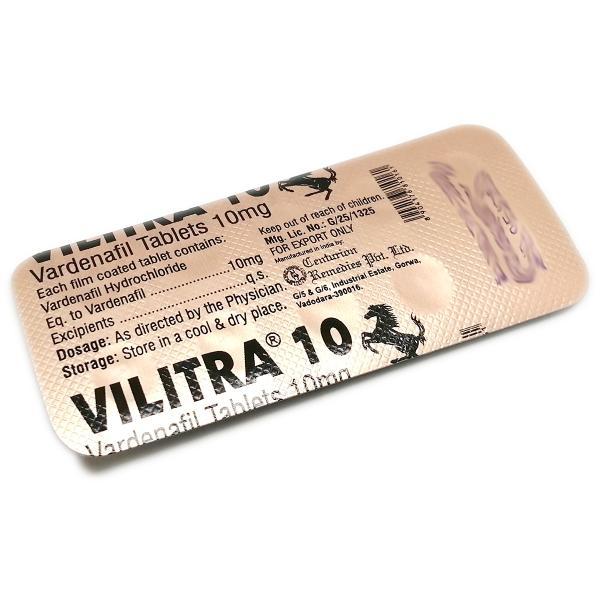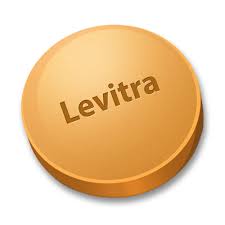
Eliquis: A Comprehensive Overview
Eliquis is a prescription medication that is classified as an anticoagulant, specifically a direct oral anticoagulant (DOAC). It is primarily used to reduce the risk of blood clots in certain medical conditions. The active ingredient in Eliquis is apixaban, which works by inhibiting specific factors in the coagulation cascade, thereby preventing the formation of clots. For more details about the indications for the drug, visit this Eliquis eliquis ενδειξεις page.
Uses of Eliquis
Eliquis is commonly prescribed for several conditions, including:
- Atrial Fibrillation: Eliquis is often used to prevent strokes in patients with non-valvular atrial fibrillation, a heart condition that can lead to blood clots.
- Deep Vein Thrombosis (DVT) and Pulmonary Embolism (PE): Eliquis is effective in the treatment and prevention of DVT and PE, conditions that occur when blood clots form in the deep veins of the legs or travel to the lungs, respectively.
- Post-Surgical Prophylaxis: Patients who have undergone certain types of knee or hip surgery may be prescribed Eliquis to prevent blood clots during recovery.
How Eliquis Works
Eliquis works by specifically inhibiting factor Xa, an essential protein involved in the clotting process. By blocking this factor, Eliquis reduces the ability of the blood to clot, thus decreasing the risk of serious health issues related to clots, such as strokes and heart attacks. It is important to note that Eliquis does not dissolve existing clots but rather prevents new clots from forming.
Dosage and Administration
Eliquis is available in tablet form and is typically taken twice daily. The dosage may vary depending on the patient’s condition, renal function, and other individual factors. Patients are advised to follow their healthcare provider’s instructions strictly. It is crucial to take Eliquis at the same time every day to maintain consistent levels in the bloodstream.
Potential Side Effects
While Eliquis is generally well-tolerated, like all medications, it can cause side effects. Common side effects include:

- Bleeding complications, such as easy bruising, nosebleeds, or bleeding gums.
- Nausea or gastrointestinal discomfort.
- Fatigue or weakness.
Serious side effects, although rare, may include severe bleeding, liver problems, or allergic reactions. Patients should seek immediate medical attention if they experience symptoms like unusual bruising, severe headache, or any signs of an allergic reaction.
Drug Interactions
Eliquis can interact with various medications, which may increase the risk of bleeding or affect how well Eliquis works. It is essential for patients to inform their healthcare provider about all medications they are taking, including over-the-counter drugs and supplements. Some medications that may interact with Eliquis include:
- Other anticoagulants or antiplatelet agents, which may amplify bleeding risks.
- Certain antifungal or antiviral medications.
- Medications that affect liver enzymes.
Monitoring and Precautions
Patients on Eliquis do not require regular blood monitoring like those on warfarin, as the effects of Eliquis are predictable. However, doctors may perform periodic assessments of kidney function and overall health.
Precautions:
Patients should inform their healthcare providers of their full medical history, especially if they have conditions such as liver disease, kidney disease, or any history of bleeding disorders. During dental or surgical procedures, healthcare providers may need to adjust the dosing of Eliquis based on potential bleeding risks.
Conclusion
Eliquis represents a significant advancement in anticoagulation therapy. Its targeted approach to inhibiting factor Xa makes it a preferred option for many patients at risk of thromboembolic events. By understanding how Eliquis works, its uses, potential side effects, and important interactions, patients can have informed discussions with their healthcare providers. This thorough approach helps ensure that they make the safest and most effective choices regarding their treatment options.
As always, patients should never hesitate to ask their healthcare provider any questions or concerns they may have regarding Eliquis or their overall treatment regimen. With proper use and monitoring, Eliquis can provide significant benefits in managing blood clot risks and improving patient outcomes.